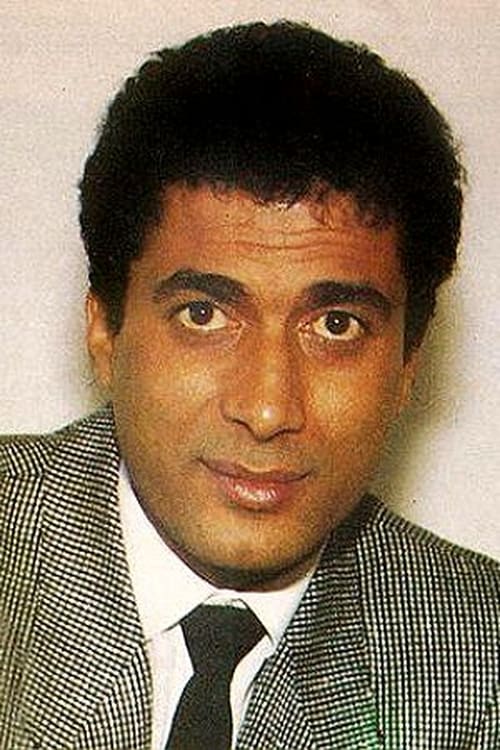Ahmed Zaki (November 18, 1949 - March 27, 2005) was a leading Egyptian film actor who was characterized by his talent, skill, and ability to impersonate. Dubbed "The Emperor", he is widely regarded as one of the greatest male actors in the Arab world. Zaki has starred in six films that have been listed in the Top 100 Egyptian films.
Ahmed Zaki was born to a poor family in Sharqia, Egypt. His father died a few years after his birth, his mother remarried, and he was brought up to live with his grandfather. Zaki fell in love with acting when he was still in school, his headmaster saw his creative ability and pushed him to follow his passion. He would later travel to Cairo and earn his degree from the Cairo Higher Institute for Drama Studies in 1974. While studying, he first debuted in the stage play Hello Shalaby (1969). He also starred in very successful comedy plays such as School of Mischief (1973) and No Longer Kids (1979). Early in his career, he struggled with producers and directors as they believed he did not have the appearance to appeal to audiences. When he got objected by the film distributor to star in Al Karnak (1975) after he was cast as the character Ismail, he entered a severe depression. He did not overcome it until after poet and playwright Salah Jahin supported him, as Jahin was convinced of his talent and would later write films and a TV show Zaki starred in.
Many of his films had a strong political message that exposed governmental and police corruption. Two of his greatest successes were playing Egypt's presidents in two popular movies that became landmarks of Arabic cinema. He played Gamal Abdel Nasser in Nasser 56 (1996) and Anwar Sadat in Days of Sadat (2001). He also portrayed other prominent Egyptian figures such as writer Taha Hussien. Zaki was a method actor who immersed himself profoundly in his roles, absorbing every aspect of the character he was portraying whether he was fictional or real in origin. In 1983, he married actress Hala Fouad but the marriage did not last. She gave birth to his only son Haitham Zaki in 1984, who would also grow up to be an actor until his sudden and tragic death in 2019. His former wife died in 1993 after a battle with breast cancer.
He was a known heavy smoker. In 2005, Ahmed Zaki died of lung cancer during the shooting of Sherif Arafa's biography Halim (2006), in which he portrayed the legendary singer Abdel Halim Hafez, a role he's always dreamed to play. His son Haitham was roped in to fill the scenes and play the lead on behalf of his father. Years after his passing, he is remembered with great reverence and fondness within the film industry and outside it, his contributions seen as monumental by his contemporaries as well as the generations that followed.
More »
